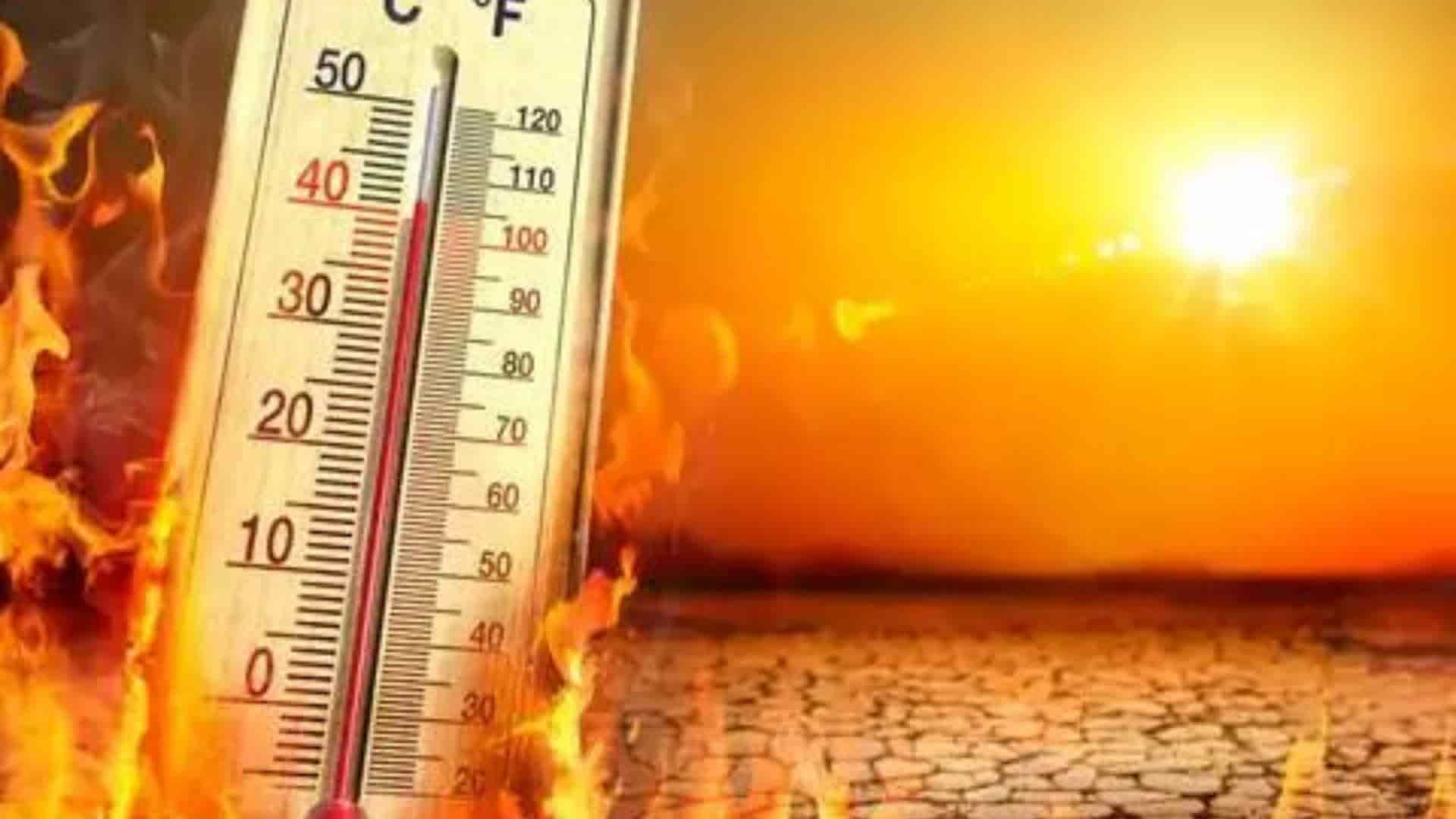The state is experiencing extreme heat and heat waves, resulting in fatalities. In cases of heat wave-induced deaths, families may receive financial aid of Rs 4 lakh from the State Disaster Response Fund, contingent upon a post-mortem of the deceased.
To claim this assistance, the family must notify senior officials such as Lekhpal, Tehsildar, or SDM and ensure a post-mortem is conducted. The Revenue Department will handle the post-mortem and submit its report to the District Magistrate (DM). Based on the DM’s report, the relief amount will be disbursed. Relief Commissioner P. Guru Prasad confirmed that DMs are authorized to approve payments for heat wave-related deaths, similar to other disasters. For election duty personnel who die due to a heat wave, the Election Commission of India provides a compensation of Rs 15 lakh.
Aditi Umrao, Project Director at the Relief Commissioner’s Office, reported that the Mahoba district administration confirmed two heat wave-related deaths and Chitrakoot confirmed one. No other districts have confirmed fatalities due to the heat wave.
CM Yogi Orders Comprehensive Safety Measures Amid Severe Heat Wave
Chief Minister Yogi Adityanath has instructed officials to implement comprehensive measures for the safety of people, livestock, and wildlife amidst the severe heat wave. The Relief Commissioner’s Office should release daily weather forecasts. Ensuring consistent electricity supply without unnecessary cuts is crucial, and additional electricity should be procured if needed. Issues like transformer failures and fallen wires must be promptly addressed, and officials should be responsive and proactive.
Public places in both urban and rural areas should have water stations, with market and main road areas equipped with drinking water facilities. Social and religious organizations’ cooperation is encouraged. Regular road water sprinkling and water supply via tankers in water-scarce areas are essential. Cleanliness must be maintained, especially in religious places like Ayodhya, Kashi, and Mathura. Special preparations for Bada Mangal in Lucknow should include cleanliness, traffic management, and other necessary arrangements.
Livestock and wildlife safety measures is required to implement
Livestock and wildlife safety are also priorities. Effective implementation of the heat-wave action plan is required in zoological parks and sanctuaries. Livestock farmers need protection, with provisions for green fodder, bran, and water in cow shelters. Pre-monsoon animal vaccinations should continue.
Immediate treatment for heat wave-affected individuals must be available in hospitals and medical colleges. Cities should follow the prescribed water supply schedules, keep hand pumps operational, and ensure rural drinking water schemes run smoothly. Public places should have water and shade for animals like cattle and dogs. The public should be encouraged to provide water and food for birds.
Agriculture sector is highly vulnerable to extreme heat
The agriculture sector is highly vulnerable to extreme heat, which increases irrigation demand and strains water resources. States like Punjab, Uttar Pradesh could face severe consequences. Farmers may see reduced crop yields, with essential crops like wheat and soybean declining by 3-7% for every 1-degree Celsius rise in temperature. Heat waves could also worsen soil degradation, pests, and diseases, lowering agricultural productivity. Livestock will suffer from thermal stress, reducing feed intake and productivity, and increasing disease susceptibility.







